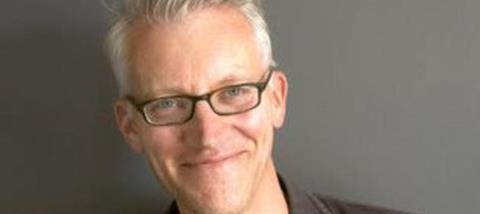
This week, Tom Holland wrote in the New Statesman how he has changed his mind about Christianity.
Initially, he believed Christianity had ushered in "an age of superstition and credulity" and therefore had little to offer.
But the more he studied ancient history, the more Holland saw that the alternative (the pagan gods of antiquity) did not value human life equally. Instead, ancient societies routinely upheld the strong and rich above the weak and poor. While pagan gods punished people, Holland discovered how the Christian God acted profoundly differently by punishing himself on man's behalf - something unheard of before that point:
"Familiarity with the biblical narrative of the crucifixion has dulled our sense of just how completely novel a deity Christ was.
"Most of us who live in post-Christian societies still take for granted that it is nobler to suffer than to inflict suffering. [Christianity] is why we generally assume that every human life is of equal value.
Holland joins a growing number of historians who are pushing back against the commonly held secular notion that Christianity held back culture until the Enlightenment as it was responsible for the superstitious thinking of the Dark Ages as well as The Crusades.
David Bentley Hart’s book Atheist Delusions is a devastating critique of those notions and American Sociologist Rodney Stark has written extensively on it in books such as The rise of Christianity. Larry Hurtado’s new book Destroyer of the gods: Early Christian Distinctiveness in the Roman World also makes the case for the way Christianity was unique and radical in its setting.
This isn't the first time Holland has spoken in favour of Christianity. He told The New Humanist in 2013, "There's a sort of nagging, god-shaped hole in the back of my mind and the simulacrum of a god that I use to fill it is a Christian one. I could read the account of the passion, go to church on Easter and feel this is true, feel that it is articulating truths that affect me far more profoundly than I could possibly put into words, I feel myself in communion with the vast inheritance of Christian faith, I find that moving and at moments like that, I think 'is this what it’s like to believe in god?'"
As UK culture and society becomes more secular, there's a tendency in some quarters to minimize our Christian heritage and history. Holland's article is a healthy and robust defence of not only Christian faith but a reminder of ideals all of us take for granted. As he writes:
"Today, even as belief in God fades across the West, the countries that were once collectively known as Christendom continue to bear the stamp of the two-millennia-old revolution that Christianity represents. It is the principal reason why, by and large, most of us who live in post-Christian societies still take for granted that it is nobler to suffer than to inflict suffering. It is why we generally assume that every human life is of equal value.
"In my morals and ethics, I have learned to accept that I am not Greek or Roman at all, but thoroughly and proudly Christian."
Click here to request a free copy of Premier Christianity magazine
































